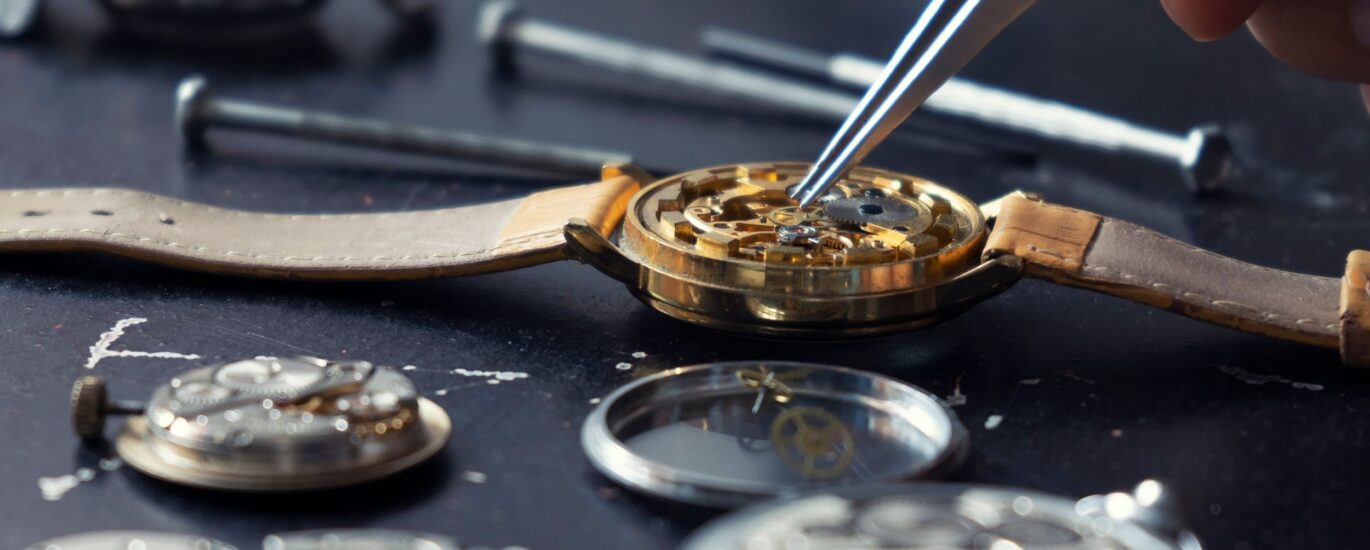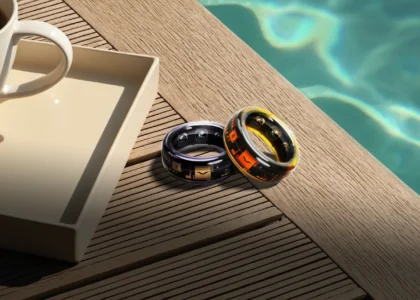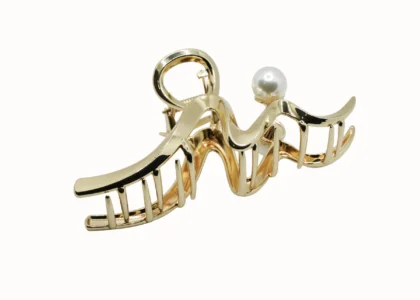A luxury watch is more than just a tool to tell time — it’s an investment, a statement, and often, a cherished heirloom. To keep your watch looking pristine and running smoothly, proper care & maintenance are essential. Whether you own a sporty diver’s watch or an elegant dress piece, understanding how to care for it can extend its life and preserve its value.
In this guide, we’ll share simple yet effective watch care & maintenance tips that anyone can follow. Let’s dive in!
Why Is Watch Care & Maintenance Important?
Watches are complex mechanical devices or precision electronic instruments. Without proper care, even the finest craftsmanship can suffer from wear, damage, or performance issues. Regular maintenance keeps your watch accurate, reliable, and beautiful.
Neglect can lead to problems like moisture damage, scratches, degraded lubricants, or broken parts — all of which can be costly to fix.
Basic Watch Care & Maintenance Tips
1. Keep It Clean
Watches accumulate dirt, sweat, and oils from your skin every day. Use a soft, lint-free cloth to wipe your watch regularly. For metal bracelets and water-resistant cases, a gentle soap and warm water wash can help remove grime. Avoid soaking leather straps; instead, clean them with a damp cloth and let them air dry.
2. Avoid Extreme Conditions
Heat, cold, magnets, and shocks can all impact your watch’s performance:
- Don’t leave your watch in direct sunlight for prolonged periods — heat can damage internal lubricants and fade colors.
- Avoid exposing it to extreme cold, which can affect the battery and movement.
- Keep your watch away from strong magnetic fields (speakers, phones) to prevent timing irregularities.
- Don’t wear your watch during high-impact sports unless it’s designed for it.
Proper Storage and Handling
Store Your Watch Safely
When you’re not wearing your watch, store it in a dedicated watch box or pouch. This prevents scratches and dust accumulation. For automatic watches, consider a watch winder to keep them running and lubricated.
Handle With Care
Always handle your watch with clean, dry hands. When setting the time or date, avoid turning the crown between 8 PM and 4 AM to prevent damage to the date mechanism.
Regular Servicing: The Key to Longevity
Even with careful daily care, watches require professional servicing every few years. Servicing includes cleaning, oiling, and replacing worn-out parts to ensure the movement runs smoothly.
Mechanical watches typically need service every 3-5 years, while quartz watches can go longer but still benefit from check-ups. Neglecting servicing can lead to permanent damage.
Want to learn more about the servicing process? Check out our detailed Watch Servicing Guide.
Specific Care Tips for Different Watch Types
Mechanical Watches
Mechanical watches are powered by intricate gears and springs. They’re more sensitive to shocks and need regular winding if not automatic. Always wind your watch slowly and stop when you feel resistance.
Quartz Watches
Quartz watches are battery-powered and usually more resilient. Replace the battery promptly when it dies to avoid leakage and damage. Have a professional replace batteries to keep the watch sealed.
Dive Watches
Dive watches are built for water resistance but require regular gasket replacements to maintain that seal. Always rinse your dive watch with fresh water after exposure to saltwater or chlorine.
Protecting Your Watch From Water Damage
Water damage is one of the most common and costly issues. Even watches labeled “water-resistant” have limits.
- Understand your watch’s water resistance rating.
- Avoid pushing buttons or pulling the crown underwater.
- After swimming or exposure to water, dry your watch thoroughly.
- Schedule regular water resistance testing, especially if you frequently use your watch in wet environments.
Watch Strap Care & Maintenance
The strap plays a huge role in your watch’s look and comfort. Each material needs special attention:
- Leather straps: Avoid water, sweat, and direct sunlight. Condition occasionally with leather care products.
- Metal bracelets: Clean regularly to avoid dirt build-up.
- Rubber/silicone straps: Rinse with fresh water after exposure to salt or chlorine.
Want more style and care tips for watch straps? Visit our Watch Strap Guide.
Troubleshooting Common Issues
- Watch is running fast or slow: This could indicate it needs servicing or is magnetized.
- Condensation inside the watch: Indicates moisture has entered — take it to a professional immediately.
- Crown won’t screw down properly: Don’t force it; this could compromise water resistance.
Final Thoughts on Watch Care & Maintenance
Your watch deserves the best care you can give it. Small daily habits combined with regular professional maintenance will keep your timepiece ticking perfectly for decades. After all, a well-maintained watch is a lifelong companion — a symbol of your style, precision, and passion.
For more informative blog please visit ou website blog page.











